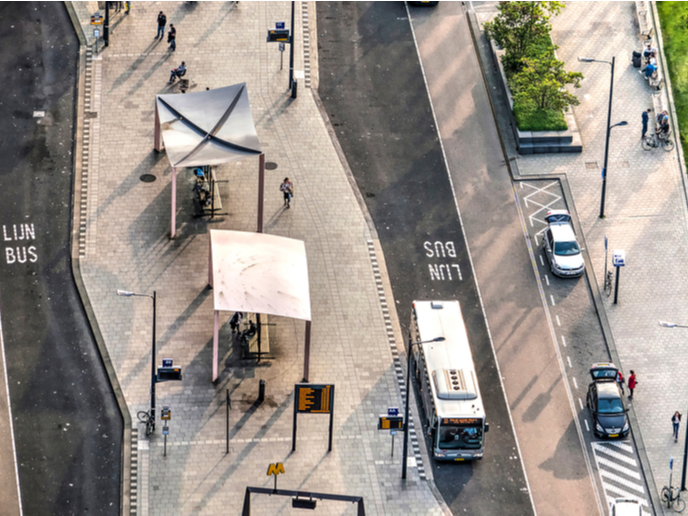Creating smart, resilient cities for a sustainable future
The vision to create sustainable urban spaces is becoming a reality in several European cities, including Rotterdam, Umea and Glasgow. Thanks to the EU-funded Ruggedised project, Rotterdam is developing and implementing various smart solutions. One such solution is a thermal grid connecting various large buildings in the city to optimise the distribution of heat and cold among buildings, smart charging parking lots, large-scale deployment of zero-emission e-buses, and efficient and intelligent street lighting. A team of researchers has recently released a study submitted to the journal ‘Transportation Science’ that is available on ‘RePub’, Erasmus University Rotterdam’s publications repository. As summarised in a news release on the project website, the research “investigates how a public transport operator (PTO) can best power a fleet of sustainable electric buses.” In the same news release, Ayman Abdelwahed from project partner Erasmus University Rotterdam says: “By investigating the routes, the trip and bus assignment schedules we have shown the value of optimizing the charging process in a way that minimizes the impact on the grid in comparison to some other greedy charging strategies. It will hopefully make the electrification of public transport easier to achieve.”
Other lighthouse cities
Glasgow is another city developing smart solutions under Ruggedised, one of the 17 European Smart Cities and Communities lighthouse projects. These address several challenges like climate change, air quality and energy production through an increased use of technology for improving everyone’s quality of life. According to an implementation report on the project website, Glasgow’s smart city solutions are at different phases of implementation. These cover the following: “Maximising consumption within the district from local energy generation; Increasing the use of electric vehicles to improve air quality and reducing CO2 emissions; Demonstrating that electric vehicle charging, intelligent street lighting and other controllable systems can be used in a demand-side management system to manage different loads in the power grid; Creating contract models for local generators and consumers to better share heat and power; Developing an analytics engine to upscale the solutions implemented.” The report states that the city has developed novel contractual models for companies and other entities to exchange surplus heat energy amongst each other. It has also made significant progress in the development of “an electric vehicle charging hub with a solar canopy and battery storage to both support the uptake of electric vehicles in Glasgow and potentially help alleviate peak loads in the energy grid,” as noted in the same document. “Central to many of the solutions implemented in Glasgow is a network of intelligent street lights already deployed throughout the ‘Smart Street’ area,” it adds. According to the report, these lights already connect the city with other smart solutions through a wireless communications network. “Benefitting from a more connected city and the data shared through the intelligent street lights, a bespoke data based decision platform, designed internally by Glasgow City Council, collects, analyses and visualises data to be used as a tool to shape decision making processes for both the city and the wider public,” it states. The solutions for a better-connected city will also help reduce “fuel poverty and provide the city with the tools needed for demand-side management in the power grid.” Ruggedised (Rotterdam, Umea and Glasgow: Generating Exemplar Districts In Sustainable Energy Deployment) will end in October 2021. For more information, please see: Ruggedised project website
Countries
Netherlands



